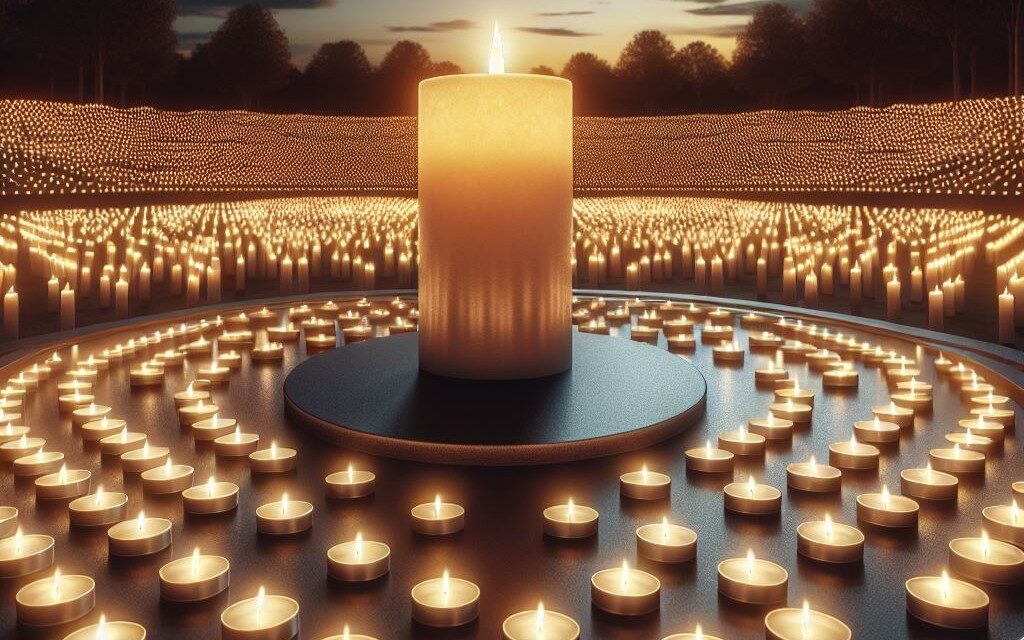In an era where historical facts are increasingly contested, the undeniable truth of the Holocaust stands as a testament to the atrocities that can occur when hate is allowed to flourish unchecked. The Holocaust, a well-documented event, led to the systematic murder of six million Jews and millions of others by the Nazi regime. This fact is not open to debate or opinions; it represents a stark reality that we must acknowledge and remember.
A headline published just one day before International Holocaust Remembrance Day by the @NL_Times reported: “Utrecht University of Applied Sciences postpones Holocaust lectures for ‘safety reasons.'” This headline immediately questioned our collective ability to confront and educate about past atrocities. It is alarming that discussing the Holocaust could be deemed unsafe and that a call for a “diverse and balanced dialogue” on such a well-documented historical fact exists. Here, a troubling trend regarding objectivity and the distortion of historical truths in the face of political and social pressures is evident.
What Does Holocaust Denial Mean for Us Today
An opinion article written by Aviva Klompas on January 26th, titled “Holocaust Remembrance Means Rooting Out Oct. 7 Denial,” was published on the eve of International Holocaust Remembrance Day. It draws a powerful parallel between the horrors of the Holocaust and present-day antisemitism. The United Nations General Assembly’s overwhelming condemnation of Holocaust denial, supported by 114 countries, starkly contrasts with the denial and distortion still present in our society.
The article vividly describes the surge of outright antisemitic sentiments following Hamas’ Oct. 7th attack. Incidents range from chants of “Gas the Jews” outside the Sydney Opera House to the denial of the horrors committed. These incidents are not merely echoes of the past, but indicators of a persistent and dangerous trend of Holocaust distortion and denial.
The reality of the Holocaust, supported by extensive documentation, eyewitness testimonies, and international tribunal judgments, is indisputable. Questioning this reality provides a platform for the ideologies of antisemitism, racism, and discrimination that fueled the Holocaust. As the article emphasizes, Holocaust denial and the distortion of historical facts pose a grave threat to human rights and tolerance. We have an obligation to combat these trends vigorously.
Regarding the situation at Utrecht University, how could lectures on the Holocaust, a well-documented historical event that dramatically shaped not only the Jewish community but the entire global community, be deemed unsafe? The article does not offer answers on how “the safety of speakers, students, teachers, and visitors” could be compromised. What does it mean to say, “We want to facilitate a diverse and balanced dialogue on this issue… We need more time to put the events of October 7 and beyond into a broader perspective, with room for different opinions and beliefs”?
Is the Holocaust a matter of opinion? Belief? In what perspective should it be placed?
A Commitment to Truth
Attempting to connect current events and the Holocaust is misguided. The Holocaust stands as a singular event in history, one whose truth should never be undermined by contemporary political conflicts or social discourse.
At Fighting Online Antisemitism (FOA), we believe in the power of truth and the critical importance of historical accuracy. To question the documented truths of the Holocaust is to give space to antisemitism, racism, and xenophobia – the very ideologies that led to this atrocity.
The overwhelming evidence of the Holocaust is not just a chapter in history books; it is a crucial tool in our ongoing education and fight against all forms of hate. Organizations like ours are committed to disseminating this knowledge, combating misinformation, and preserving the truth.
In remembering the Holocaust and recognizing its undeniable evidence, we commit to the promise of “Never Again.” This means ensuring such horrors are neither forgotten nor trivialized but remembered as a pivotal lesson in human history. It’s our responsibility to honor this truth for the sake of our past and our future.

